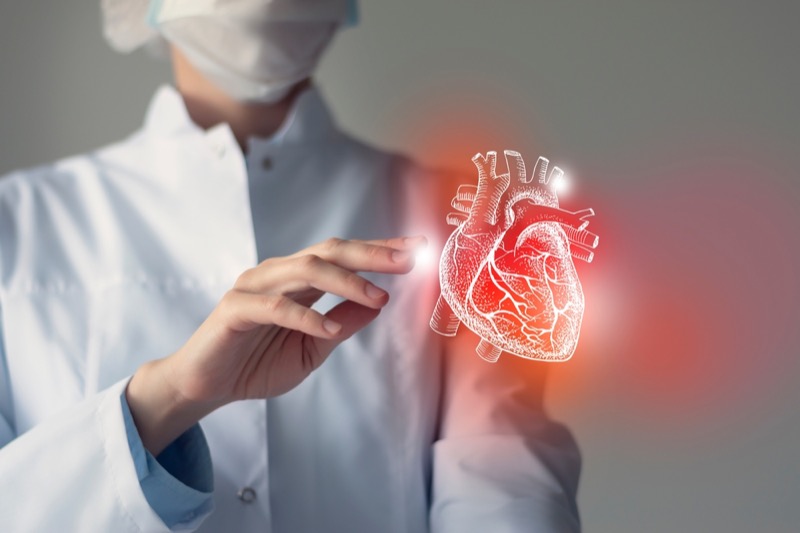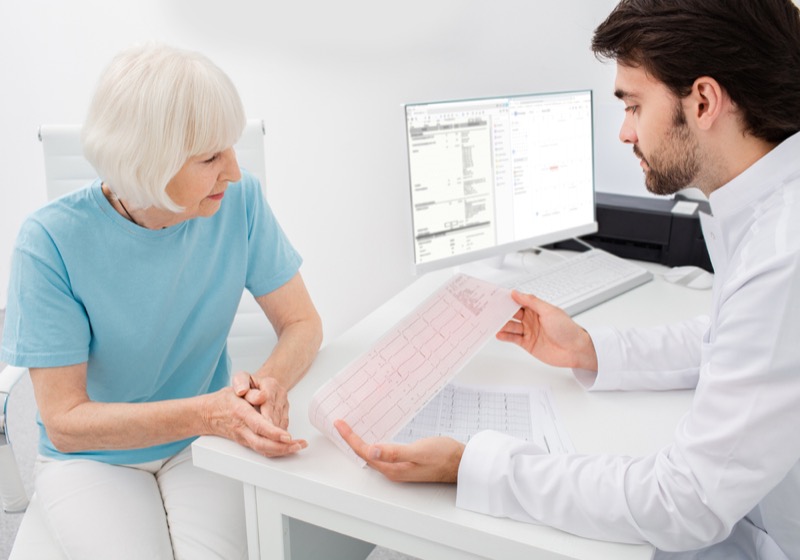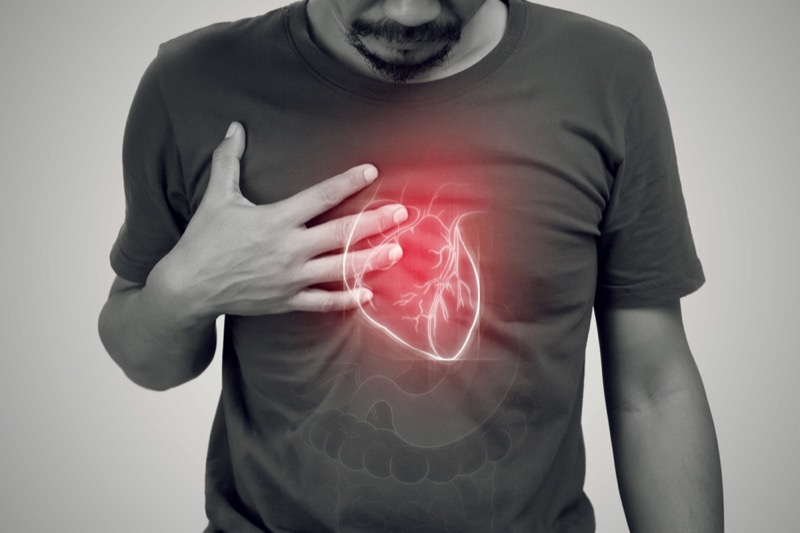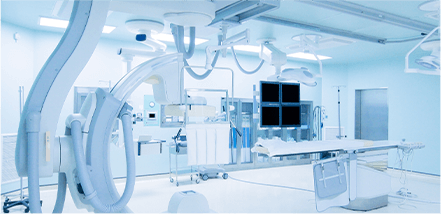Welcome to Aether Health - Kingwood ER, your trusted emergency medical center in Kingwood, TX, where every heartbeat matters. We understand the urgency and complexity of arrhythmias, also known as irregular heartbeats, and are dedicated to providing immediate, life-saving treatment when every second counts.

When it comes to your heart health, you deserve the best care possible. At Aether Health – Kingwood ER, we take pride in having a team of highly skilled and experienced arrhythmia specialists who are dedicated to providing top-notch care for patients experiencing irregular heartbeats.
Our doctors are board-certified and well-versed in the latest advancements in cardiac medicine, ensuring that you receive the most effective and advanced treatments available.
An irregular heartbeat can be a frightening experience, and when it happens, every second matters. At Aether Health – Kingwood ER, we understand the urgency of arrhythmia cases and are committed to providing top-quality, immediate care for our patients.
We believe that effective arrhythmia treatment goes beyond just addressing the symptoms. We focus on identifying the root cause of the irregular heartbeat to create tailored treatment plans that address your specific needs. Our multidisciplinary approach allows us to consider all aspects of your health, ensuring comprehensive and personalized care.

Arrhythmias, or irregular heartbeats, can present with a range of symptoms that may vary depending on the type and severity of the condition. While some individuals with arrhythmias may not experience noticeable symptoms, others may have more pronounced signs.
If you suspect you or someone else may have an arrhythmia, pay close attention to the following symptoms:
Palpitations:
A fluttering or pounding sensation in the chest, often described as “heart racing” or “skipping a beat.”
Dizziness or Lightheadedness:
Feeling faint, dizzy, or lightheaded, especially when standing up or during physical activity.
Shortness of Breath:
Difficulty breathing or feeling breathless, especially with exertion or at rest.
Chest Discomfort:
Mild to severe chest pain or discomfort, often mistaken for a heart attack.
Fatigue:
Persistent tiredness or exhaustion, even with mild activities.
Weakness:
Feeling weak or experiencing a loss of strength.
Fainting or Near-Fainting:
Sudden loss of consciousness or feeling like you might faint.
Fluttering in the Neck:
Sensation of rapid pulsations in the neck.


We work with a wide range of insurance providers to ensure that our patients receive the maximum coverage possible. Our dedicated team will assist you in understanding your insurance benefits and coverage options for arrhythmia treatment.
In addition to working with insurance, we are committed to transparency in our pricing. Before any treatment or procedure, we will provide you with a clear and detailed explanation of the expected costs, so you can make informed decisions about your healthcare.
Contact us for more information.


At Aether Health – Kingwood ER, we believe in a collaborative approach to healthcare. Our arrhythmia specialists work closely with other medical experts, including cardiologists, nurses, and support staff, to ensure seamless and comprehensive care.
This multidisciplinary approach allows us to consider all aspects of your health, addressing any underlying conditions or risk factors that may contribute to your arrhythmia. With a team of dedicated professionals working together, you can trust that your heart health is in the best possible hands.

Choosing Aether Health – Kingwood ER for arrhythmia care means you have immediate access to a team of highly skilled medical professionals specialized in handling cardiac emergencies. Our facility is open 24/7, ensuring that you can receive prompt and expert care whenever you need it.
Time is of the essence in arrhythmia cases, and our team is prepared to act swiftly to diagnose and treat your condition, offering you the best chance for a positive outcome.

At Aether Health – Kingwood ER, we are equipped with advanced technology and state-of-the-art facilities, allowing for accurate and precise diagnostics. Our comprehensive range of cardiac testing equipment, including ECG/EKG, Holter monitors, and echocardiograms, enables our medical experts to identify the specific type and underlying cause of your arrhythmia.
With the latest tools at our disposal, we can create personalized treatment plans tailored to your unique needs, optimizing your chances for a successful recovery.

We understand that facing an arrhythmia or any cardiac emergency can be stressful and overwhelming. Our compassionate team at Aether Health – Kingwood ER takes the time to listen to your concerns, answer your questions, and provide emotional support throughout your journey to recovery.
We prioritize patient-centered care, ensuring that you feel comfortable and well-informed every step of the way.
The two most common kinds of arrhythmia are:
There are, however, numerous more types of arrhythmia, such as:
Wolff-Parkinson-White syndrome: Being born with a second channel between the atria and ventricles, in addition to the AV node, which causes a racing heart and pain.
Many forms of arrhythmia can be diagnosed and treated by doctors. They can use an electrocardiogram (ECG/EKG) or a portable Holter or event monitor to supervise your heart’s electrical impulses at home. They can also use ultrasound technology to look at the inside shape of the heart with an echocardiogram (echo).
If an abnormality is discovered, they may suggest the following actions:
Several factors can trigger an irregular heartbeat, also known as arrhythmia. The heart’s electrical system is delicate, and any disruption to its normal function can lead to abnormal rhythms. Some common triggers of arrhythmia include:
Thyroid Imbalance: An overactive or underactive thyroid gland can affect heart rate and rhythm, leading to arrhythmias.
Feel free to contact us any time. We will get back to you as soon as we can.
Need help?